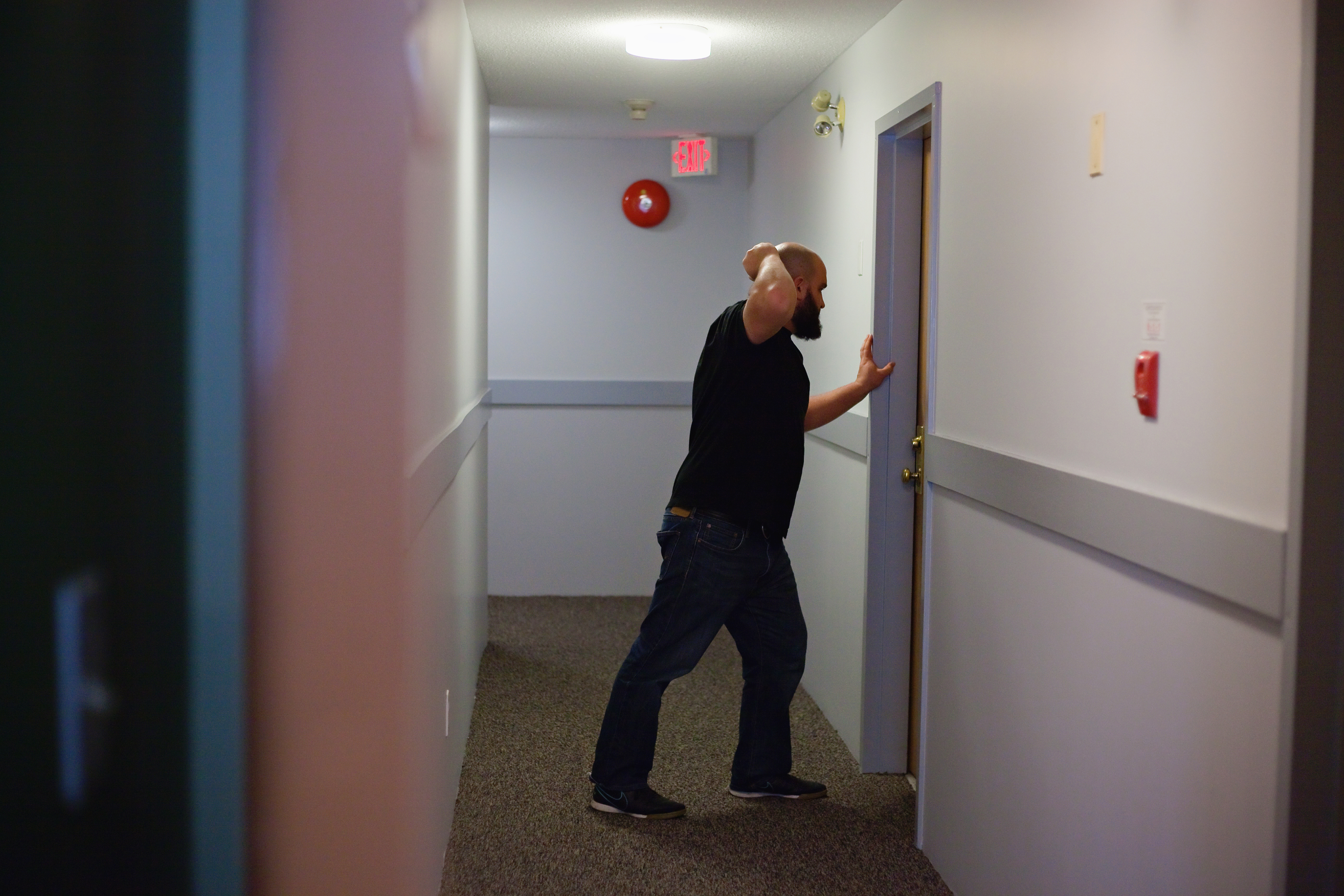Newly Passed Pathway for Landlords to Address Anti-Social Tenant Behaviour
The majority of landlord-tenant relationships are cordial, and many are very positive. However, from time to time, landlords may be forced to address tenant issues that arise from anti-social behaviour.
Landlords may be interested to learn that the regulations pertaining to what represents anti-social behaviour were recently extended by the introduction of new legislation.
Landlords Sometimes Must Address Anti-Social Behavior
In an ideal world, landlords may never need to deal with a tenant’s anti-social behaviour. However, a landlord will have no choice but to take action if any of the scenarios outlined below arise:
• The tenant exhibits aggressive and/or loud behaviour toward other tenants or neighbours
• The tenant uses hate speech or behaves in an intimidating or discriminatory manner
• The tenant invades the landlord’s, another tenant’s, or a neighbor’s privacy
• The tenant makes excessive noise at inappropriate times
• The tenant vandalizes and/or damages public property or a neighbor’s property



If these issues aren’t sufficiently addressed promptly, the situation could escalate, and the landlord may be held personally accountable for any negative consequences.
The main conditions that constitute anti-social tenant behaviour have historically been defined by the Residential Tenancies Act of 1986. The original form of the act set a high bar for what constituted anti-social behaviour. However, landlords can have issues with tenants that are problematic but don’t officially meet the standards of the original act. In particular, the original terms of the act didn’t address situations in which tenants commit a moderate offence—neither minor nor severe—on repeated occasions. A single severe incident could be addressed under the act’s original provisions; however, multiple problematic incidents that were not deemed to be severe could not.
It is for this reason the terms of the acts were modified such that repeated offences can be addressed.
Specifically, landlords can address moderate anti-social tenant behaviour if:
• The behaviour occurs on three separate incidents within a 90-day period
• The landlord provides a valid notice following each of the three incidents

It is important to note that the landlord must issue the tenant with a notice after each incident. If this condition isn’t met, the new regulations do not go into effect.
Address Problematic Anti-Social Tenant Issues
If you have experienced problems with moderate and/or repeated anti-social tenant behaviour, these new regulations could provide you with a lawful means of addressing these issues. You can choose to deal with the problem yourself; alternatively, you can entrust the property to our property managers, who will manage problem resolution on your behalf.

